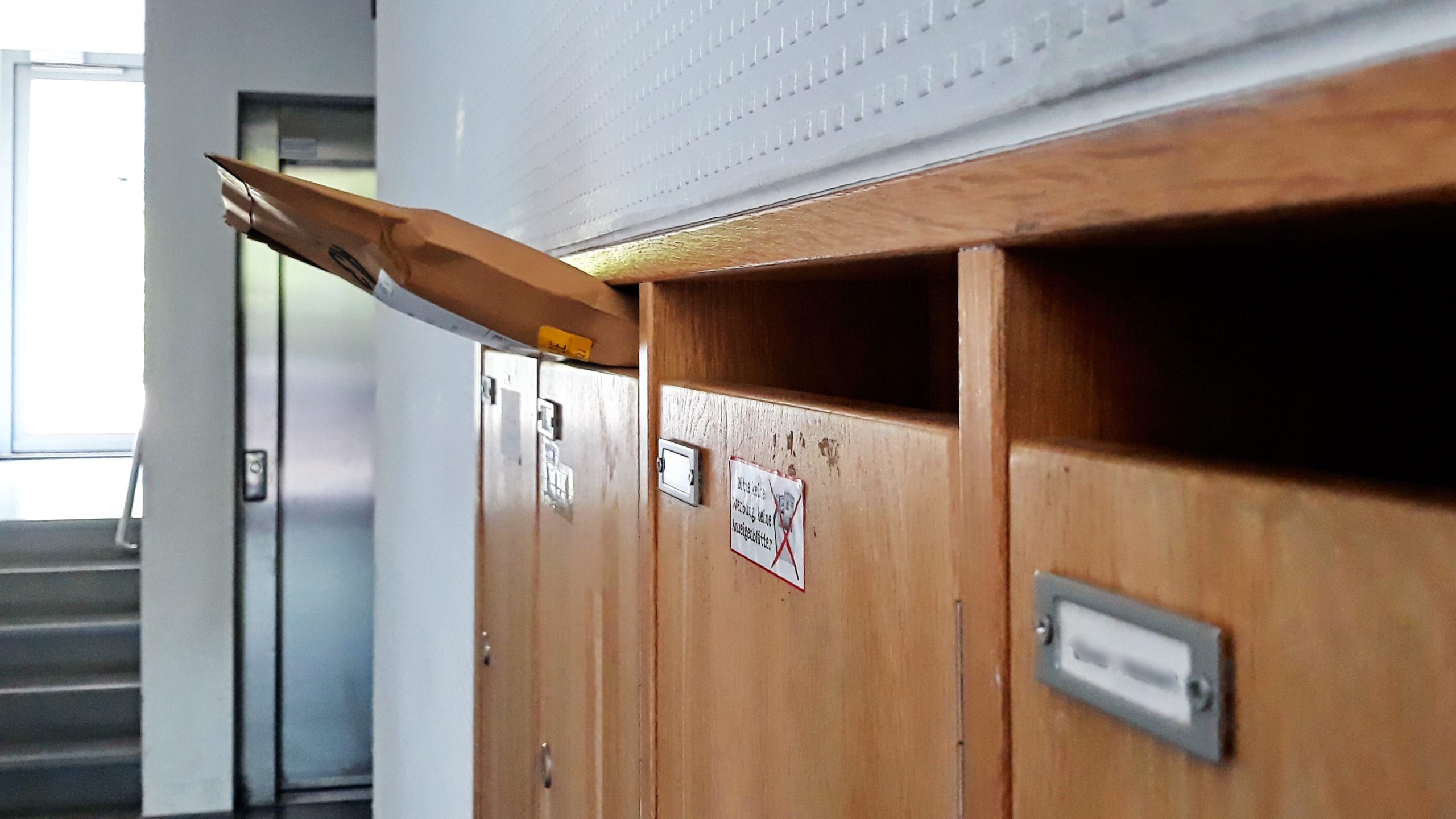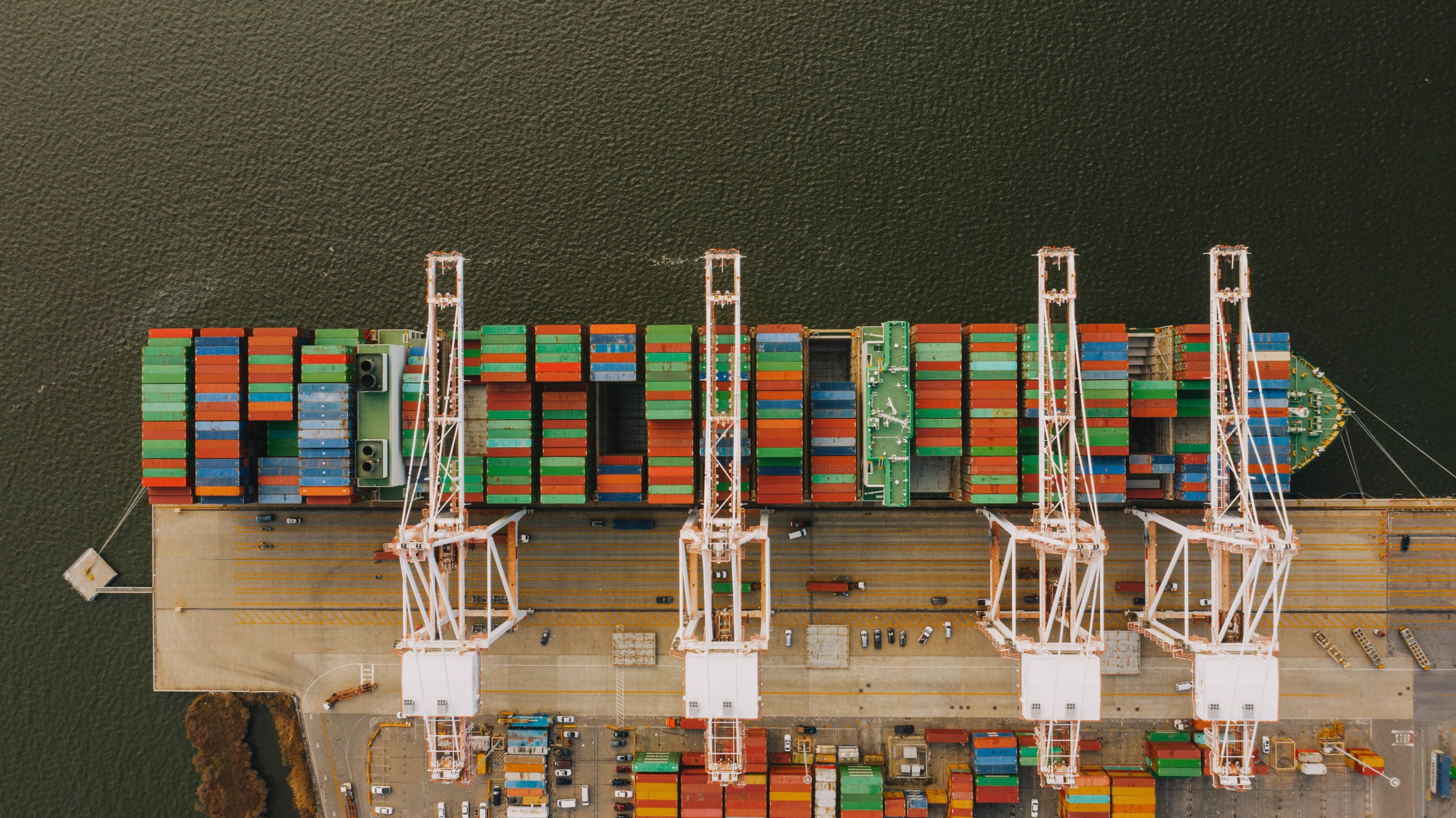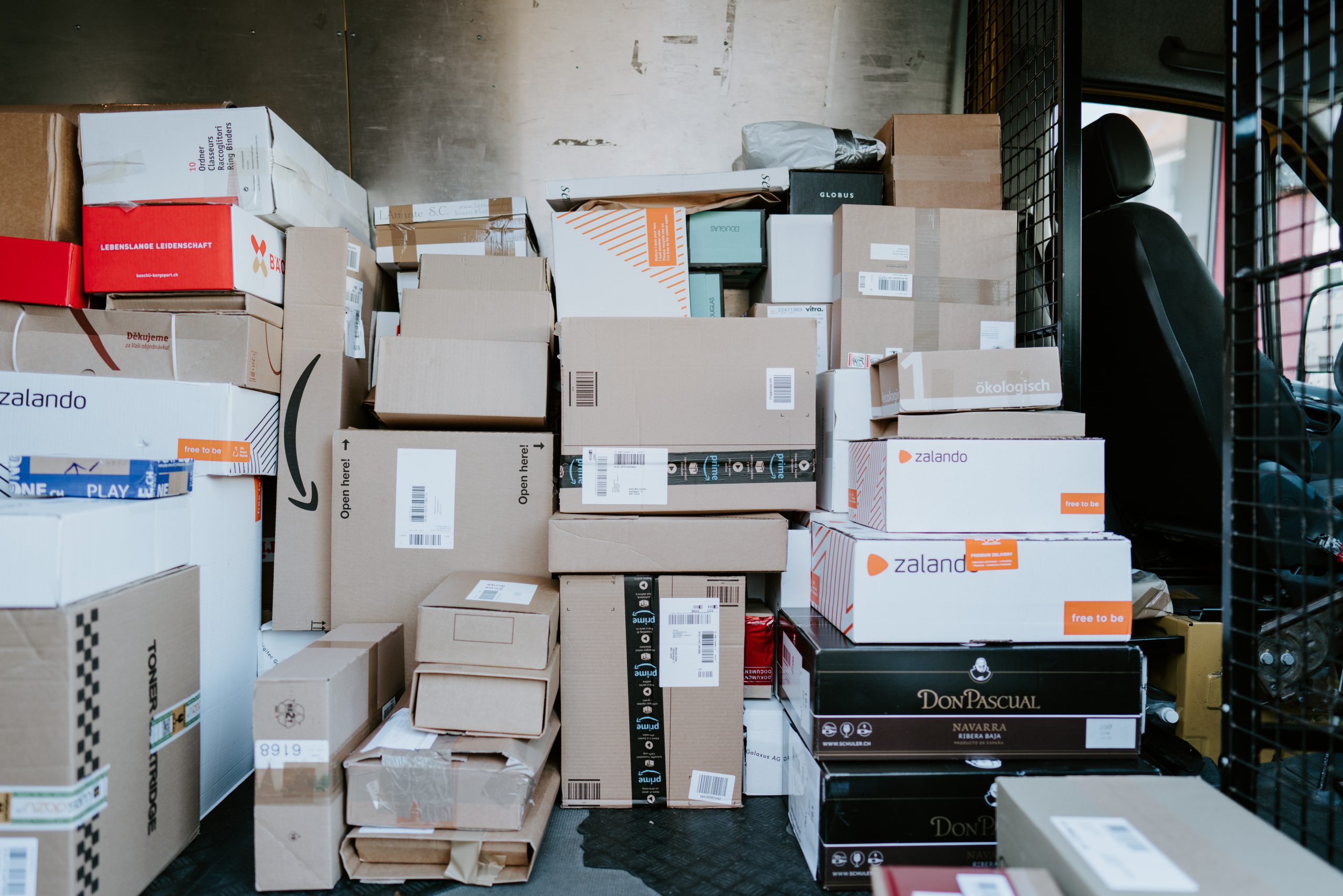Effective 1 July: New VAT rules for e-commerce
The VAT rules for e-commerce will be amended effective 1 July 2021. The purpose of these amendments is to modernise the current VAT rules for e-commerce and to simplify the related administration. These amendments only pertain to B2C sales, i.e. sales to consumers/parties that are not businesses for VAT purposes. The rules for B2B services and supplies, i.e. services and supplies to other parties that are businesses for VAT purposes, will not change. The amendments can have a major impact on your business and your current operational processes.
VanLoman would be happy to help you identify the consequences for your business. In addition, it would be our pleasure to act as sparring partner and contribute ideas towards a proper configuration of your VAT administration as from 1 July 2021.






